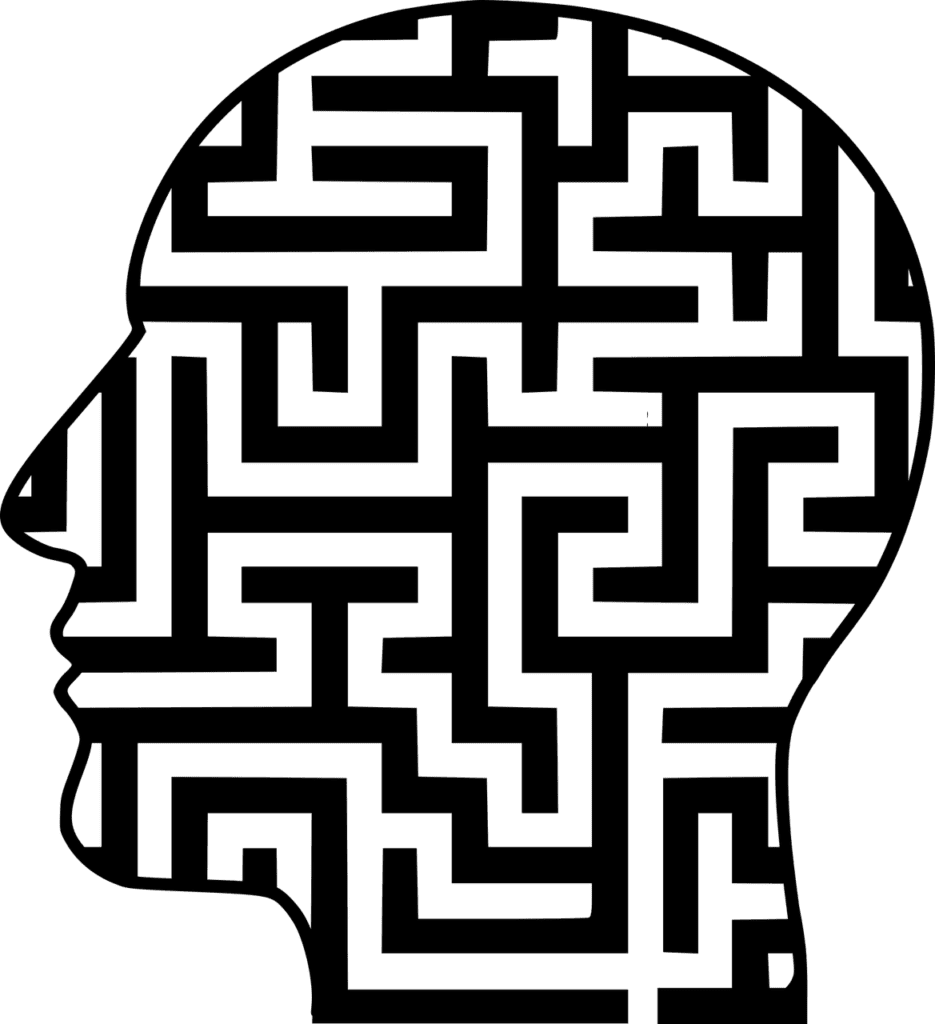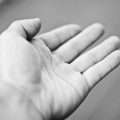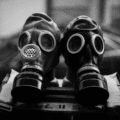Unconscious definition
The unconscious – definition
The unconscious includes allActionsAttitudesemotional / cognitive evaluation patterns,
whose controlling motives are not deliberately accessible.It is controlled by the so-called primary process and the pleasure-unpleasure principle.
The unconscious is a central concept in psychoanalysis. It describes processes that decisively influence the way people think and feel. The knowledge of these processes support mentally healthy people in their personal development and is also an essential prerequisite for the success of psychodynamic psychotherapy.
Compared to Freud’s theory, the view of psychoanalysis of the unconscious has developed further. Werner Bohleber, psychoanalyst in Frankfurt and editor of the “PSYCHE – Zeitschrift für Psychoanalyse und ihre Anwendungen” discerns:
- the dynamic unconscious (usually equated with the repressed: unconscious fantasies, defense processes and beliefs),
- the non-repressed unconscious (e.g. experiences from early childhood in non-declarative memory and derived inner working models of attachment and expectations),
- the creative unconscious (e.g. dreams as a “special form of unconscious thinking, which is looking for solutions to problems, serves to process conflicts, creates new ideas and promotes mental growth.”)
4. In addition, there is the traumatic-dissociated unconscious (in which repressed, traumatic experiences can be reactivated by appropriate triggers).






